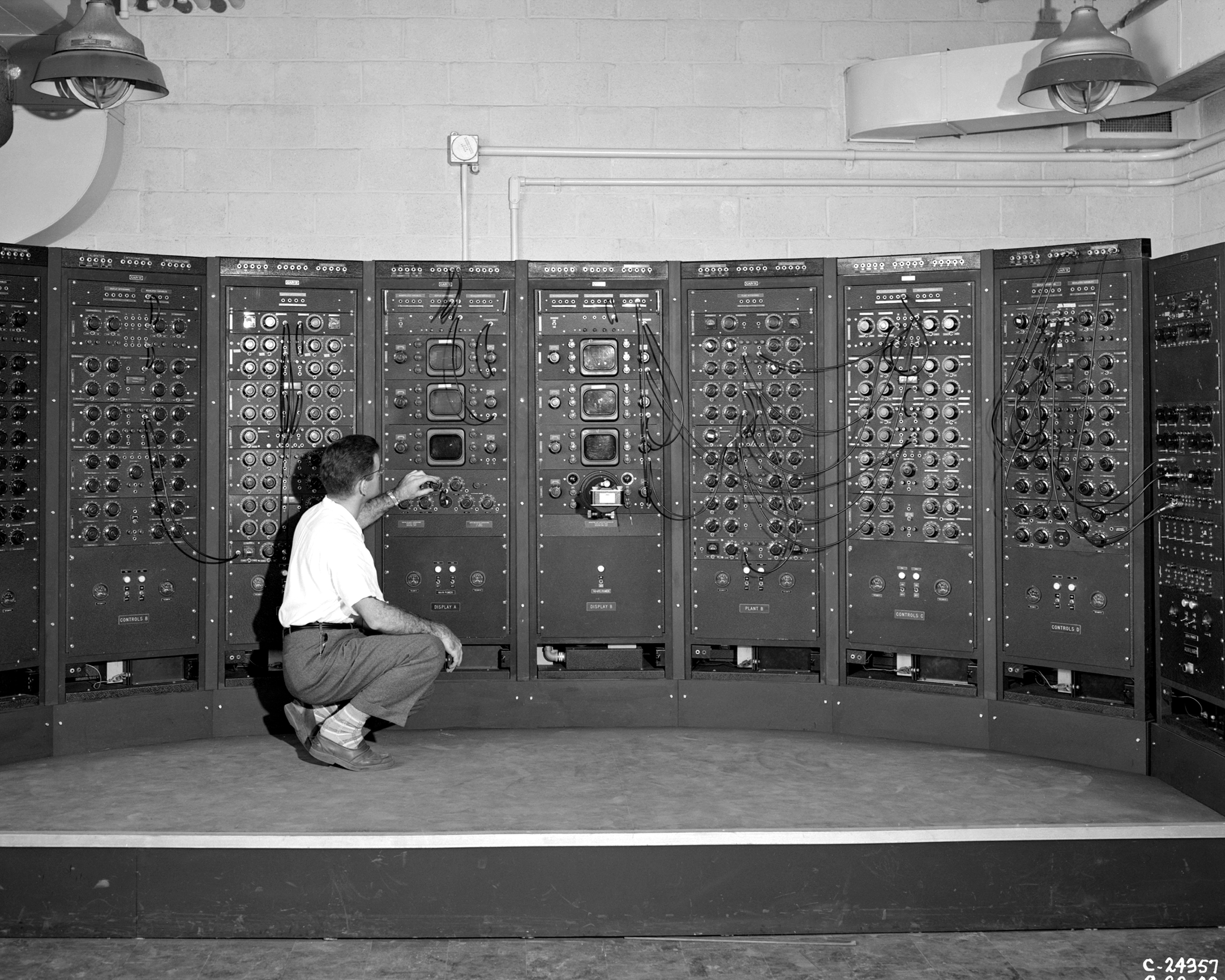The first demographics of the UK space sector
During World Space Week last year, Heidi and I launched the very first census of the UK space sector.
We had set a target of 1000 responses and geared ourselves up for a hard slog to get there. Instead we were blown away by the positive reactions and generous support we got. I’m hugely grateful to everyone who helped promote the census (and put up with my pestering).
More than 1500 people completed the Census in the end, almost 5% of the space workforce. They covered every region, role, and subsector, from Goonhilly to Glasgow, industry to academia, finance to flight dynamics.
I’m very excited that we’re now in a position to share some results. We’ve had economic data about the sector for many years thanks to regular Size and Health reports, but these new figures tell us about the people behind the economics for the very first time.
The findings
I won't spoil all the results, I'll let you read them for yourself, but here are a few but here are some of the stats that stood out to me:
Unsurprisingly, women are outnumbered two to one by men, but there are encouraging signs that this is improving and the sector is doing a good job of recruiting female graduates. Trans people appear to be well represented, making up about 1% of the sector, on par with the best estimates for the wider population. In both cases industry is much less diverse than government and academia, so there is clearly still work to be done.
The situation is much less positive when it comes to ethnic minorities, who make up 11% of the sector compared to 14% of the wider workforce.
In particular, Black people are severely under-represented, making up just 1% of the space workforce compared to 3% of the wider workforce. What’s worse is that looking at Physics, Engineering, and Computer Science graduates, about 4% are Black, but not a single one of the 147 people aged 18-24 who responded to the Census was Black.
Improving the sector's diversity
These are shocking and disappointing results. We can and must do better. Space is the common heritage and frontier of humanity, and everyone from every walk of life deserves an opportunity to share in its exploration and development.
For our part, we are proud to be supporting Craig Brown, Diversity & Inclusion Champion for the Space Skills Advisory Panel, in producing recommendation to ensure that the sector takes action to address this.
If you want to know what your company can do to improve the diversity of your own workforce, then check out our Space Recruitment Toolkit or get in touch with us info@spaceskills.org and we can give you some tailored advice. You should also look at the good work of organisations like Women in Aerospace, Pride in STEM, and Black in STEM in supporting and celebrating marginalised groups.
What's next?
This first report just scratches the surface. We collected a lot of data (we’ve actually hit the 5 million cell limit in Google Sheets, so we’re longer allowed to add more sheets... ). Our next step will be examining some of these topics in more detail with deep-dive reports on topics like the gender pay gap, experiences of discrimination, reasons why people enter and leave the sector, and more.
If you’ve got questions that aren’t covered in this report, let me know and I’ll try to make sure they get answered in one of our future pieces.
In the meantime, join us next Thursday at 1pm for Stats and Chats, a lunchtime panel discussion of the results of this report and the next steps for the sector.
There is a long road ahead in making the space sector a truly brilliant place to work for everyone, but we’ve now taken some of the first few steps.
Found this interesting?
If you’d like more articles like this in your inbox, sign up for our newsletter. We’ll only email you when we have something valuable to share — we only sent three emails last year
We’d also appreciate it if you shared this article on social media:


